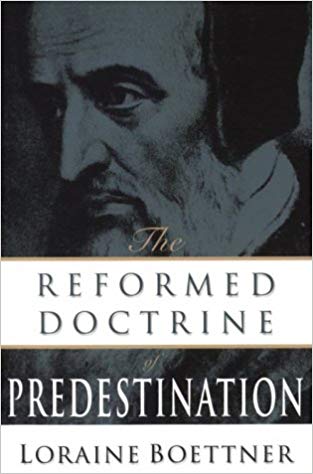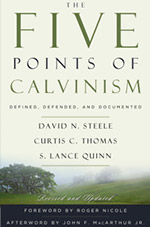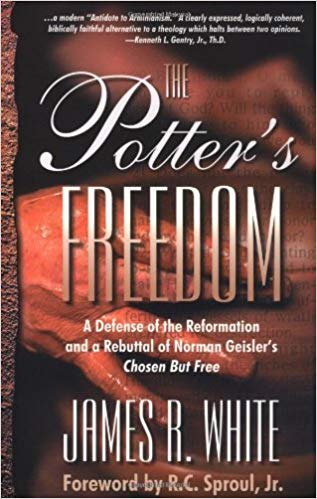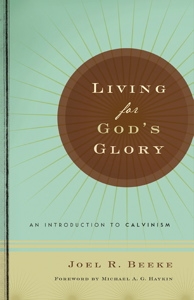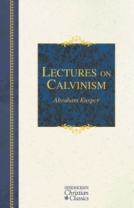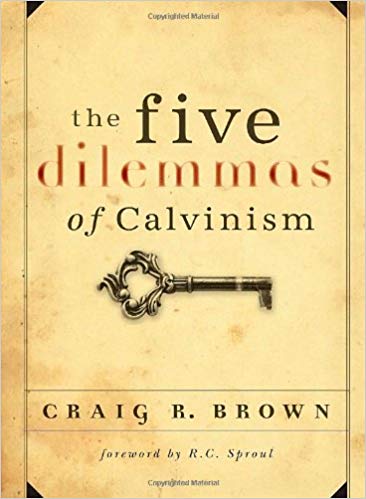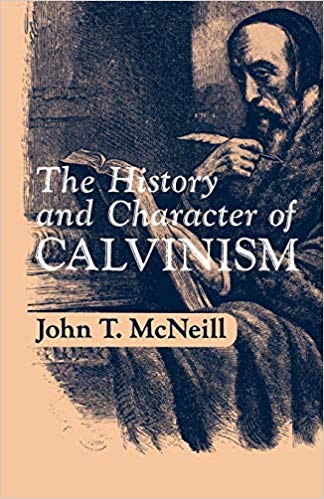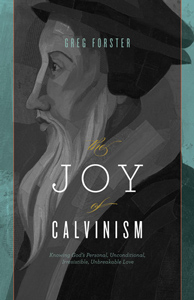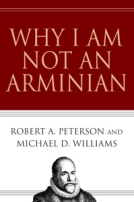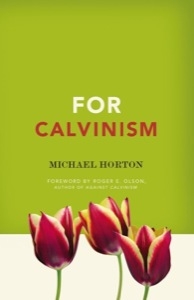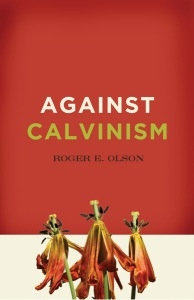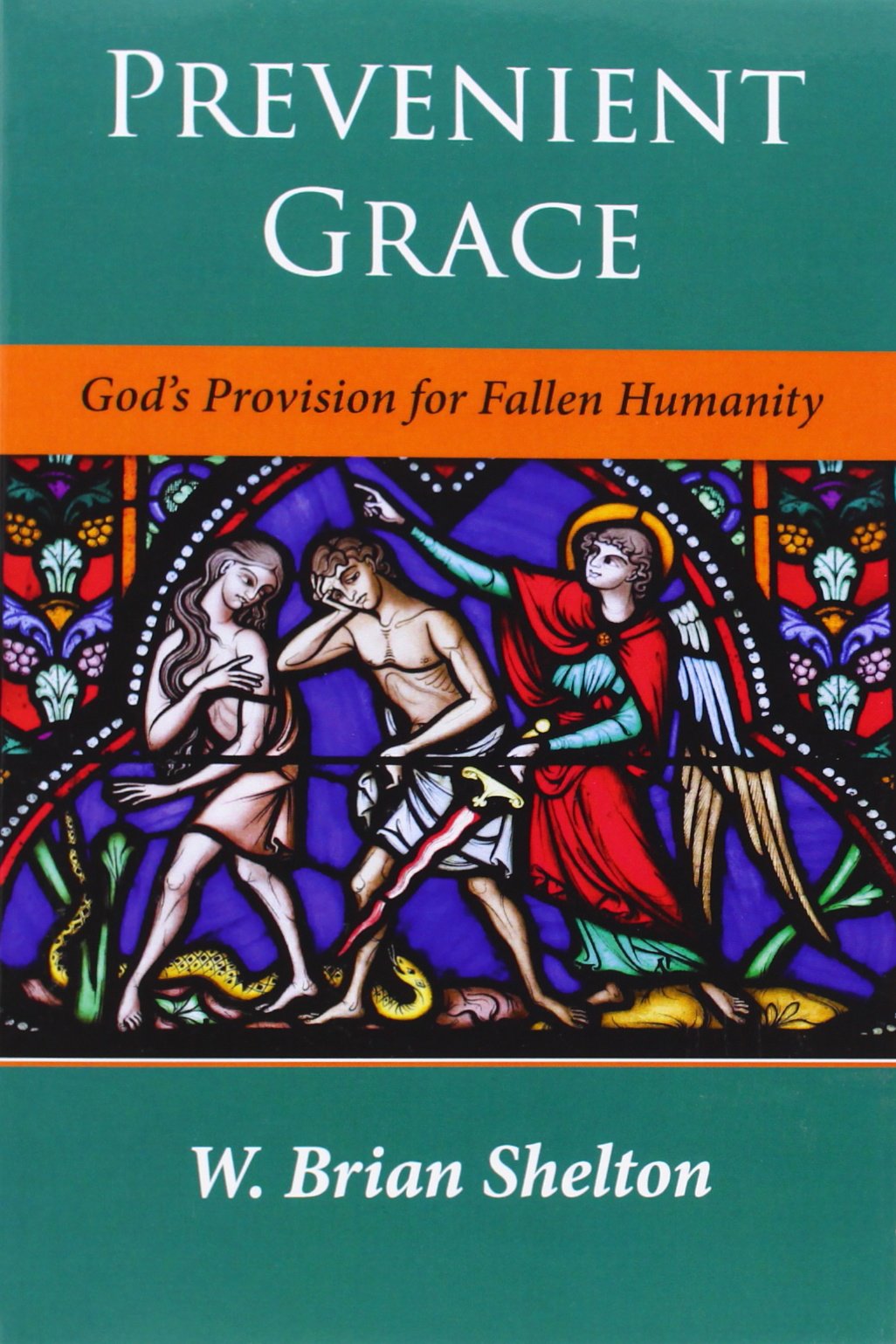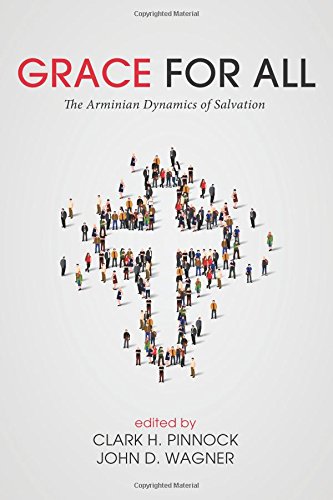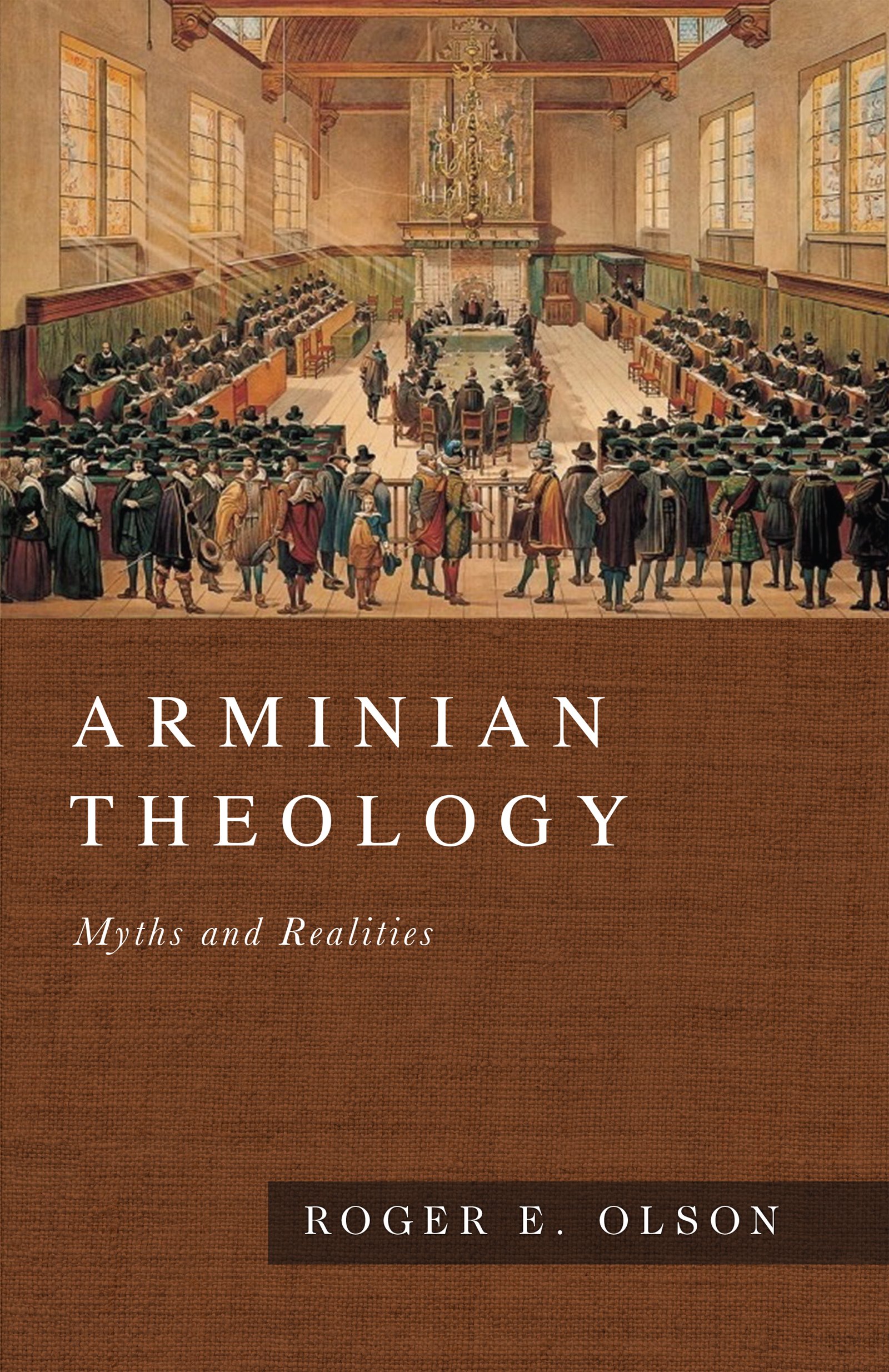Limited Atonement
The second article of the Arminian Remonstrance of 1610 concerned the question of the extent of the atonement. It reads as follows: ‘Article II. That, agreeably thereto, Jesus Christ, the Savior of the world, died for all men and for every man, so that he has obtained for them all, by his death on the cross, redemption and the forgiveness of sins; yet that no one actually enjoys this forgiveness of sins except the believer, according to the word of the Gospel of John 3:16. . . . . And in the First Epistle of John 2:2 . . .’ This is an emphatic statement of what is known as the doctrine of universal atonement, and is in its essence that Christ died for all men alike and procured for them equally and without distinction redemption and forgiveness of sins. The atonement as such, it says in effect, has as its intention the provision of salvation for all, the making of the salvation of all men possible, the placing of all men and every man in a salvable state or condition.
In opposition to this the Reformed Faith affirms the doctrine of what is known as limited atonement. What does it mean? Perhaps the best answer that can be given to this question is to set forth the teaching of the Westminster Confession of Faith, chapter VIII, section V.
Redemption Purchased for the Elect
‘The Lord Jesus, by his perfect obedience and sacrifice of himself, which he through the eternal Spirit once offered up unto God, hath fully satisfied the justice of his Father; and purchased not only reconciliation, but an everlasting inheritance in the kingdom of heaven, for all those whom the Father hath given unto him.’ This definitely states that reconciliation and an everlasting inheritance in the kingdom of heaven is purchased for all those given to the Son by the Father. Who are they? In section 1 of this same chapter we are told that they are the people given to Christ from all eternity to be His seed and ‘to be by him in time redeemed, called, justified, sanctified, and glorified.’ The people given to Christ are surely the same as the people chosen in Christ ? the form of expression used in chapter III, section v ? and they are simply those of mankind predestinated unto life, namely, the elect. With respect to them the Confession continues: ‘As God hath appointed the elect unto glory, so hath he, by the eternal and most free purpose of his will, foreordained all the means thereunto. Wherefore they who are elected being fallen in Adam, are redeemed by Christ; are effectually called unto faith in Christ by his Spirit working in due season; are justified, adopted, sanctified, and kept by his power through faith unto salvation.’ (III.vi.) It is for the elect, therefore, for the predestinated to life, for those given to Christ by the Father, for those chosen in Christ unto everlasting glory, that reconciliation and an eternal inheritance in the kingdom of heaven is purchased. It is they who are redeemed by Christ. Thus teaches the Confession, and so the difference has already become apparent.
Purchase and Application Co-extensive
‘To all those for whom Christ hath purchased redemption, he doth certainly and effectually apply and communicate the same.’ (VIII.viii.) The import of this cannot be controverted. It is that the extent of the purchase of redemption is exactly the same as the extent of actual salvation. If Christ purchased redemption for all, then all will have that applied and communicated to them. If only a certain number of the human race are ultimately saved, then only for that number did Christ purchase redemption.
So explicit is the above statement that it needs no confirmation. But in order to show that this is not a random statement but a determining principle of the Confessional teaching it can be shown by an entirely distinct line of argument. ‘Christ by his obedience and death did fully discharge the debt of all those that are thus justified, and did make a proper, real, and full satisfaction to his Father’s justice in their behalf.’ (XI.iii.) Those for whom Christ discharged the debt and made satisfaction to justice are then the justified. But all who are justified are also effectually called. ‘Those whom God effectually calleth, he also freely justifieth.’ (XI.i.) And effectual calling expounded in chapter X refers us back to predestination. ‘All those whom God hath predestinated unto life, and those only, he is pleased, in his appointed and accepted time, effectually to call, by his word and Spirit, out of that state of sin and death in which they are by nature, to grace and salvation by Jesus Christ.’ (X.i.) And again: ‘God did from all eternity decree to justify all the elect; and Christ did, in the fullness of time, die for their sins, and rise again for their justification.’ (XI.iv.) The upshot is plain ? predestination to life, redemption, effectually calling, and justification have identical extent; they have in their embrace exactly the same persons.
The Exclusiveness of Redemption
That the non-elect, those who do not become the actual partakers of salvation and are therefore finally lost, are not included within the scope of the redemption purchased by Christ, we may and must even from that which we have already quoted infer to be the teaching of the Confession. But it is interesting to observe that not only does the Confession imply this; it also expressly states it. ‘Neither are any other redeemed by Christ, effectually called, justified, adopted, sanctified, and saved, but the elect only.’ (III.vi.) The Confession is using the phrases ‘redeemed by Christ’ and ‘purchased redemption’ synonymously. Here it is said that redemption by Christ or the purchase of redemption is for those who as a matter of fact are saved and for those only. It is exclusive of those who are not called, justified, adopted, sanctified, and saved. Redemption is defined not only extensively but exclusively.
If we may recapitulate then, the teaching of the Confession can be summed up in these three propositions. (1) Redemption is purchased for the elect. (2) Redemption is applied to all for whom it is purchased. (3) Redemption is not purchased for those who finally perish, for the non-elect.
Atonement is defined therefore in the Confession in terms of sacrifice, reconciliation, redemption, satisfaction to divine justice, discharge of debt, and states clearly that atonement thus defined is for those whom God hath predestinated to life, namely the elect. They are saved because Christ by his redemptive work secured their salvation. The finally lost are not within the embrace of that salvation secured, and therefore they are not within the embrace of that salvation secured, and therefore they are not within the embrace of that which secures it, namely the redemption wrought by Christ. It is just here that the difference between Arminianism and Calvinism may be most plainly stated. Did Christ die and offer Himself a sacrifice to God to make the salvation of all men possible, or did He offer Himself a sacrifice to God to secure infallibly the salvation of His people? Arminians profess the former and deny the latter; our Standards in accordance, as we believe, with Holy Scripture teach the latter.
Objections Answered
The term ‘limited’ atonement has given much offense. It may not indeed be the most fortunate terminology. It is capable of misunderstanding and misrepresentation. Some for this reason may prefer the terms ‘definite’ or ‘particular’ atonement. But what we are particularly insistent upon defending is that which the term historically used connotes, and so if the disuse of the term ‘limited’ is calculated to create the impression that we have renounced the doctrine of which the term is the symbol, if in other words the disuse is calculated to placate the enemies of our Reformed Faith, then we must resolutely refuse to refrain from its use. The atonement is limited, because in its precise intention and meaning and effect it is for those and for those only who are destined in the determinate purpose of God to eternal salvation. We may well bless God that this is not a meager company, but a multitude whom no man can number out of every nation and kindred and people and tongue.
Let it not be thought that the Arminian by his doctrine escapes limited atonement. The truth is that he professes a despicable doctrine of limited atonement. He professes an atonement that is tragically limited in its efficacy and power, an atonement that does not secure the salvation of any. He indeed eliminates from the atonement that which makes it supremely precious to the Christian heart. In B. B. Warfield’s words, ‘the substance of the atonement is evaporated, that it may be given a universal reference.’ (The Plan of Salvation, p. 122.) What we mean is, that unless we resort to the position of universal restoration for all mankind ? a position against which the witness of Scripture is decisive ? an interpretation of the atonement in universal terms must nullify its properly substitutive and redemptive character. We must take our choice between a limited extent and a limited efficacy, or rather between a limited atonement and an atonement without efficacy. It either infallibly saves the elect or it actually saves none.
It is sometimes objected that the doctrine of limited atonement makes the preaching of a full and free salvation impossible. This is wholly untrue. The salvation accomplished by the death of Christ is infinitely sufficient and universally suitable, and it may be said that its infinite sufficiency and perfect suitability grounds a bona fide offer of salvation to all without distinction. The doctrine of limited atonement any more than the doctrine of sovereign election does not raise a fence around the offer of the gospel. The overture of the gospel offering peace and salvation through Jesus Christ is to all without distinction, though it is truly from the heart of sovereign election and limited atonement that this stream of grace universally proffered flows. If we may change the figure, it is upon the crest of the wave of divine sovereignty and of limited atonement that the full and free offer of the gospel breaks upon our shores. The offer of salvation to all is bona fide. All that is proclaimed is absolutely true. Every sinner believing will infallibly be saved, for the veracity and purpose of God cannot be violated.
The criticism that the doctrine of limited atonement prevents the free offer of the gospel rests upon a profound misapprehension as to what the warrant for preaching the gospel and even of the primary act of faith itself really is. This warrant is not that Christ died for all men but the universal invitation, demand and promise of the gospel united with the perfect sufficiency and suitability of Christ as Savior and Redeemer. What the ambassador of the gospel demands in Christ’s name is that the lost and helpless sinner commit himself to that all-sufficient Savior with the plea that in thus receiving and resting upon Christ alone for salvation he will certainly be saved. And what the lost sinner does on the basis of the warrant of faith is to commit himself to that Savior with the assurance that as he thus trusts he will be saved. What he believes, then, in the first instance is not that he has been saved, but that believing in Christ salvation becomes his. The conviction that Christ died for him, or in other words, that he is an object of God’s redeeming love in Christ, is not the primary act of faith. It is often in the consciousness of the believer so closely bound up with the primary act of faith that he may not be able to be conscious of the logical and psychological distinction. But nevertheless the primary act of faith is self-committal to the all-sufficient and suitable Savior, and the only warrant for that trust is the indiscriminate, full and free offer of grace and salvation in Christ Jesus.
Author
Professor John Murray was born in Scotland and was at the time of this writing a British subject. He was a graduate of the University of Glasgow (1923) and of Princeton Theological Seminary (1927), and he studied at the University of Edinburgh during 1928 and 1929.
In 1929-1930 he served on the faculty of the Princeton Theological Seminary. After that he taught at the Westminster Theological Seminary in Philadelphia where he served as Professor of Systematic Theology.
He was a frequent contributor to theological journals and is the author of Christian Baptism (1952), Divorce (1953), Redemption Accomplished and Applied (1955), Principles of Conduct (1957, The Imputation of Adam’s Sin (1960), Calvin on the Scriptures and Divine Sovereignty (1960), The Epistle to the Romans, Vol I, Chapters I-VIII (1960) and The Atonement (1976).

